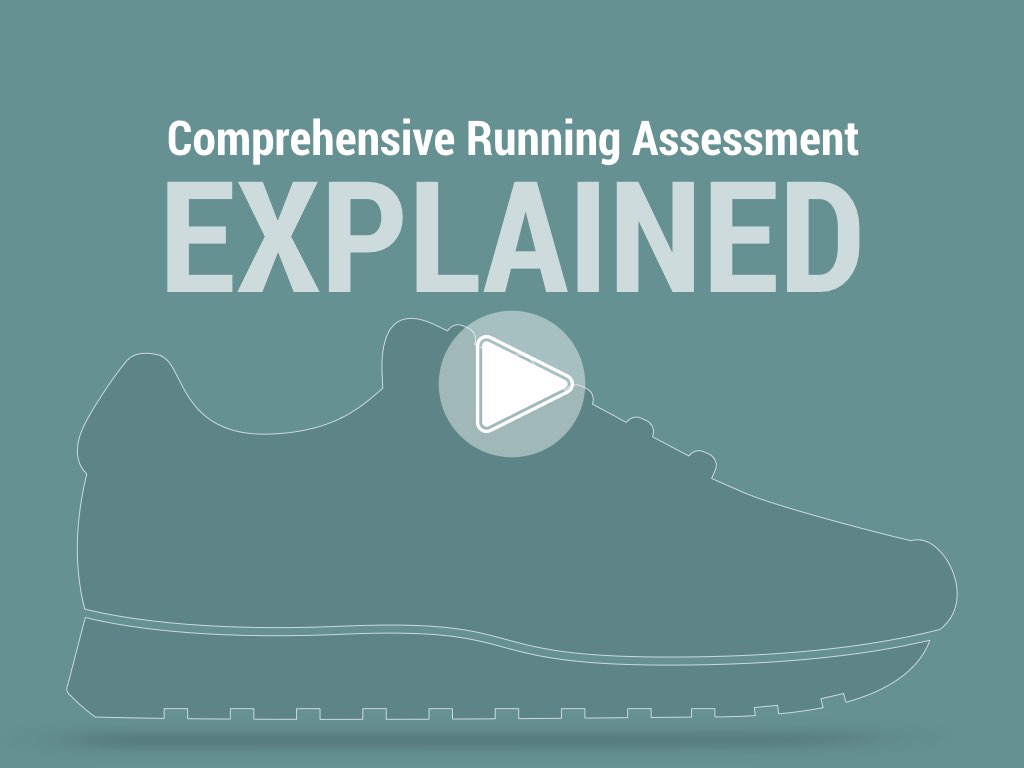Running Assessment & Analysis in Washington DC
Running assessment Washington DC is a popular treatment at Release Physical Therapy. Running is one the most accessible and common forms of exercise. It is also one of the easiest ways to develop an injury. Running injuries are common and often affect the hips, knees, ankles and feet of runners. The impact and stress of running can be hard on the muscles and joints – especially if you ignore early injury signs. We offer a comprehensive running video analysis to identify functional weaknesses, postural compensations and faulted mechanics to improve performance and prevent injury. Whether you are new to running, training for a marathon or just run to stay fit, a formal running analysis led by a trained physical therapist isn’t just beneficial, it’s necessary.
How does a running analysis work?
Your physical therapist will take a video of you while you run in order to your movement including your gait, motion and stride. We use a running software to track foot metrics, distance, pace and time. Your physical therapist will review the video in slow-motion to identify functional weaknesses, postural compensations, and faulted biomechanics, such as stride length, foot contact with ground, weight distribution, and range of motion in the hips, knees, and ankles. Your physical therapist will review the findings with you and discuss your goals to determine an individualized program to re-train your muscles, avoid injury, reduce pain and increase speed.
What are the common running-related injuries?
Sixty percent of runners experience an injury severe enough to sideline them from activity. The best way to avoid injury is to prevent it. The most common injuries from running include plantar fasciitis, achilles tendonitis, runner's knee, IT band syndrome, shin splints and stress fractures. Other running-related injuries include:
Knee Pain/Injury
- ITB Syndrome
- Knee Ligament Injuries
- Runner's Knee
- Patella Tendonitis
- Chondromalacia Patella
- Osgood Schlatter’s
- Meniscus tears
- Bursitis Knee
- Knee Arthritis
- Plica Syndrome
Shin & Calf Pain
- Achilles Tendinopathy
- Achilles Tendon Rupture
- Calf Muscle Tear
- Shin Splints
- Stress Fracture
Hip Pain
- Hip labral tear
- Hip Impingement
- Gluteal Tendinopathy
- Hip Arthritis (Osteoarthritis)
- Piriformis Syndrome
- Proximal Hamstring Tendinitis
- Stress Fracture
- Trochanteric Bursitis
Foot & Heel Pain
- Plantar Fasciitis
- Sever’s Disease
- Heel Spur
- Metatarsalgia
- Morton's Neuroma
- Foot Stress Fracture
- Bunion
Back Pain
- Back Muscle Pain
- Bulging Disc
- Degenerative Disc Disease
- Facet Joint Pain
- Sacroiliac Joint Pain
- Sciatica
- Pinched Nerve
- Spondylolisthesis
Muscle Pain
- Muscle Strain
- Muscle Cramps
- DOMS
Neck Pain
- Wry Neck
- Pinched Nerve
Ankle Pain/Injury
- Ankle Injuries
- Anterior Ankle Impingement
- Peroneal Tendonitis
- Retrocalcaneal Bursitis
- Sprained Ankle
- High Ankle Sprain
- Tibialis Posterior Tendinitis
Groin Pain
- Adductor Tendinitis
- Groin Strain
Thigh & Hamstring Pain
- Thigh strain
- Hamstring strain
- Hamstring Tendinitis
- Corked Thigh
Running Analysis Washington DC
Whether you're overcoming a running-related injury, want to avoid injury or increase your speed, Release Physical Therapy Washington DC video running analysis can help you achieve your running goals. All physical therapists at Release Physical Therapy Washington DC are trained to work with you one-on-one to keep you running pain and injury-free. Our comprehensive running analysis program is designed for runners of all levels from weekend joggers to competitive athletes. Call our office or request an appointment today.
What are the common running-related injuries?
Sixty percent of runners experience an injury severe enough to sideline them from activity. The best way to avoid injury is to prevent it. The most common injuries from running include plantar fasciitis, achilles tendonitis, runner's knee, IT band syndrome, shin splints and stress fractures. Other running-related injuries include:
Knee Pain/Injury
- ITB Syndrome
- Knee Ligament Injuries
- Runner's Knee
- Patella Tendonitis
- Chondromalacia Patella
- Osgood Schlatter’s
- Meniscus tears
- Bursitis Knee
- Knee Arthritis
- Plica Syndrome
Shin & Calf Pain
- Achilles Tendinopathy
- Achilles Tendon Rupture
- Calf Muscle Tear
- Shin Splints
- Stress Fracture
Hip Pain
- Hip labral tear
- Hip Impingement
- Gluteal Tendinopathy
- Hip Arthritis (Osteoarthritis)
- Piriformis Syndrome
- Proximal Hamstring Tendinitis
- Stress Fracture
- Trochanteric Bursitis
Foot & Heel Pain
- Plantar Fasciitis
- Sever’s Disease
- Heel Spur
- Metatarsalgia
- Morton's Neuroma
- Foot Stress Fracture
- Bunion
Back Pain
- Back Muscle Pain
- Bulging Disc
- Degenerative Disc Disease
- Facet Joint Pain
- Sacroiliac Joint Pain
- Sciatica
- Pinched Nerve
- Spondylolisthesis
Muscle Pain
- Muscle Strain
- Muscle Cramps
- DOMS
Neck Pain
- Wry Neck
- Pinched Nerve
Ankle Pain/Injury
- Ankle Injuries
- Anterior Ankle Impingement
- Peroneal Tendonitis
- Retrocalcaneal Bursitis
- Sprained Ankle
- High Ankle Sprain
- Tibialis Posterior Tendinitis
Groin Pain
- Adductor Tendinitis
- Groin Strain
Thigh & Hamstring Pain
- Thigh strain
- Hamstring strain
- Hamstring Tendinitis
- Corked Thigh
Running Assessment Washington DC
Running assessment Washington DC is a popular treatment at Release. Whether you’re overcoming a running-related injury, want to avoid injury or increase your speed, Release Physical Therapy Washington DC video running analysis can help you achieve your running goals. All physical therapists at Release Physical Therapy Washington DC are trained to work with you one-on-one to keep you running pain and injury-free. Our comprehensive running analysis program is designed for runners of all levels from weekend joggers to competitive athletes. Call our office or request an appointment today.








